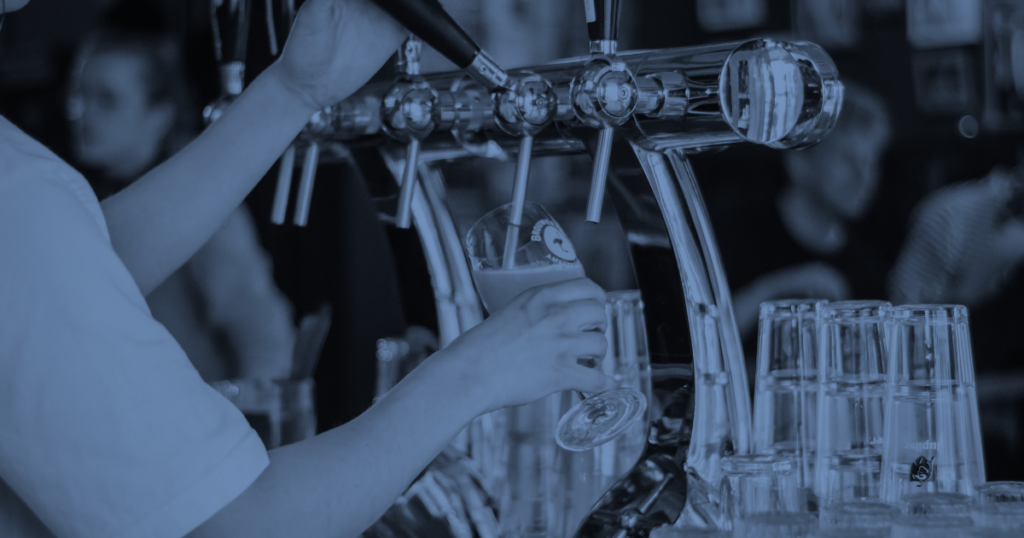Transferring a liquor license in British Columbia as part of a commercial transaction requires careful planning, due diligence, and an understanding of the regulatory framework surrounding the transfer of these licenses. Liquor licenses in BC are governed by the Liquor Control and Licensing Act and are subject to specific requirements and procedures for transfer. Whether you are purchasing or selling a business with a liquor license, it is essential to address a variety of considerations to ensure a smooth transfer process and avoid potential legal complications.
1. Due Diligence on the Liquor License
Before proceeding with the transfer of a liquor license, both the buyer and seller must conduct thorough due diligence on the license itself. Liquor licenses are not transferable automatically and must be treated as a separate asset with specific legal requirements.
Key Considerations in Due Diligence:
- Type and Scope of the License: Different types of liquor licenses exist, including licences for restaurants, bars, retail stores, and special event permits. It is important to verify that the type of license held by the vendor is appropriate for the business being purchased and that the license allows for the intended scope of operations. The buyer should confirm that the license is transferable and that it will meet their future business needs.
- License Expiry and Renewal: Liquor licenses in BC are subject to annual renewals. Verify the expiration date of the current license and ensure that the license is in good standing. In some cases, the license may be subject to renewal conditions or restrictions, which should be reviewed before completing the purchase.
- Outstanding Fees and Penalties: Ensure that there are no outstanding fees or penalties associated with the liquor license. This includes annual fees and fines for non-compliance. These amounts should be accounted for in the transaction, with clear stipulations on who will be responsible for any unpaid fees.
2. PPR Searches: Encumbrances on the Liquor License
Liquor licenses in BC can sometimes be encumbered by liens or assigned to a lender as a form of security. As part of the due diligence process, buyers should conduct Personal Property Registry (PPR) searches to ensure that the liquor license is free from encumbrances.
Encumbrances on a liquor license could complicate the transfer process, or, in some cases, render the license ineligible for transfer to a new owner. Buyers should work with their legal counsel to ensure that all relevant PPR searches are conducted and that any encumbrances are identified and addressed before closing the transaction.
3. Transfer Process: Vendor’s Role
Regardless of whether a commercial transaction is taking place by way of an asset or share sale, the process for transferring a liquor license in BC requires the seller to initiate the transfer process through the BC Liquor and Cannabis Licensing Portal and submitted to the Liquor and Cannabis Regulation Branch (LCRB).
As part of the submission, the seller will need to provide information about the license, the premises, and the proposed new licensee. It is important that this information is provided from the buyer to the vendor well in advance of the actual transfer time.
The buyer will need to ensure that they meet the eligibility requirements set by the LCRB, including criminal background checks, financial responsibility, and suitability to hold the license.
Once the seller submits the application, the proposed new licensee (the buyer) must then accept the transfer request via the portal.
4. Contractual Obligations in the Purchase Agreement
To ensure that both parties fulfill their obligations in relation to the transfer of the liquor license, it is crucial to include clear language in the purchase agreement. This language should establish the responsibilities of both the buyer and seller regarding the transfer process and outline the necessary steps to be taken before closing.
Suggested provisions to include in the purchase agreement:
- Obligation of Vendor: The seller must initiate the transfer of the liquor license through the Liquor and Cannabis Licensing Portal and provide any necessary documentation to facilitate the transfer.
- Obligation of Buyer: The buyer must accept the transfer request through the portal and complete any steps required by the LCRB to finalize the transfer.
Timelines and Deadlines: Set clear timelines for the vendor to initiate the transfer and for the buyer to accept the transfer, ensuring both parties act in a timely manner to avoid unnecessary delays in the closing process. - Holdbacks: A holdback of the purchase price may be negotiated until the transfer has been completed and evidence provided by the parties.
Consequences of Failure to Transfer: Specify the consequences if either party fails to fulfill their obligations with respect to the liquor license transfer.
5. Additional Considerations
- Municipal Approval: In some cases, municipal approval may be required for the transfer of a liquor license, particularly if there are changes to the premises or the business model. Buyers and sellers should check with the relevant municipal authorities to determine whether this additional approval is necessary.
- Ongoing Compliance: After the transfer, the new licensee will be responsible for ensuring ongoing compliance with all applicable laws and regulations, including maintaining the license in good standing, renewing the license annually, and adhering to operational requirements set by the LCRB.
Conclusion
Transferring a liquor license in BC as part of a commercial transaction requires a detailed understanding of the legal and regulatory requirements involved. Buyers and sellers should take careful steps to conduct due diligence on the license, ensure that all transfer processes are followed, and include appropriate contractual language in the purchase agreement to secure the successful transfer of the license. By addressing these key considerations, parties can minimize the risk of complications and ensure that the liquor license is properly transferred in conjunction with the business transaction.
If you have any questions about buying or selling a liquor license, or any general commercial law inquiries, please reach out to Patrick Bobyn at [email protected] or give him a call at 250-869-1286.

